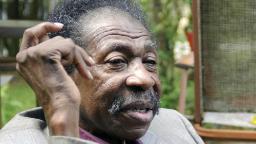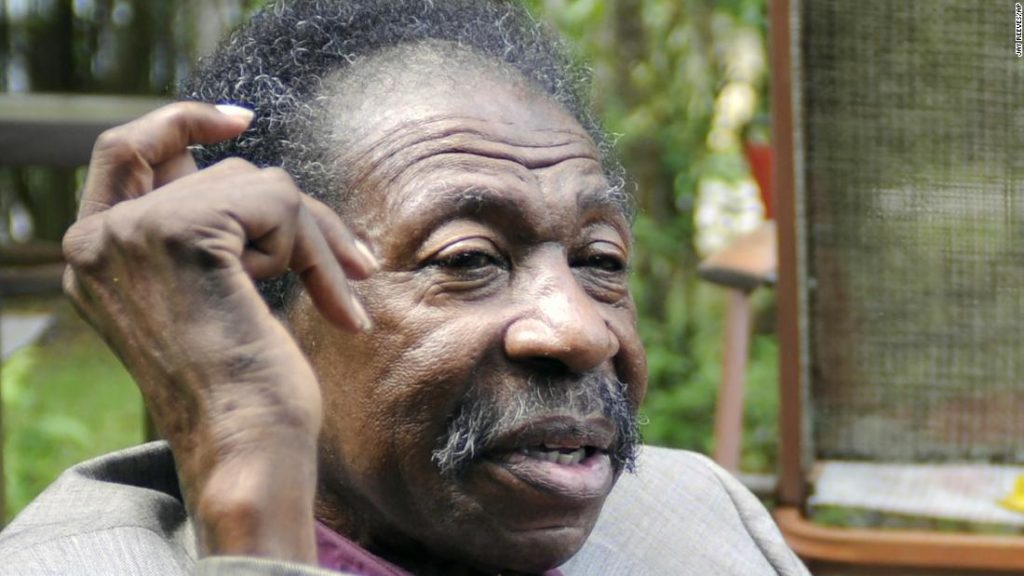
The civil rights attorney and Alabama’s first Black special prosecutor passed away earlier this week in Selma from cancer, according to former Alabama state Sen. Hank Sanders, a friend of Boynton’s.
Boynton’s place in the Freedom Rides movement began in 1958 while a student at Howard University Law School in Washington, DC.
Traveling on a bus bound for Alabama, Boynton got out to eat when the bus stopped for a break in Richmond, Virginia.
He said he sat down in the “clinically clean” White area of the restaurant after seeing the unkempt “Blacks” section. He placed his order with the waitress.
“She left and came back with the manager. The manager poked his finger in my face and said … ‘move,'” using a racial slur, Boynton recalled in his interview. “And I knew that I would not move, and I refused to, and that was the case.”
Boynton was later convicted of trespassing but went on to challenge his sentence with his attorney Thurgood Marshall, who later became the first Black Supreme Court justice. The appeal sparked the historic US Supreme Court ruling in Boynton v. Virginia. In a 7-2 decision in 1960, the Court banned bus station racial segregation.
The case ignited the Freedom Rides movement in 1961, as Black and White civil rights activists boarded buses to cities in the Deep South to protest segregated buses and stations.
Boynton’s death came less than two weeks before the 60th anniversary of the Supreme Court decision that changed his and many others lives.
You may also like
-
UK coronavirus variant has been reported in 86 countries, WHO says
-
NASA technology can help save whale sharks says Australian marine biologist and ECOCEAN founder, Brad Norman
-
California Twentynine Palms: Explosives are missing from the nation’s largest Marine Corps base and an investigation is underway
-
Trump unhappy with his impeachment attorney’s performance, sources say
-
Lunar New Year 2021: Ushering in the Year of the Ox

